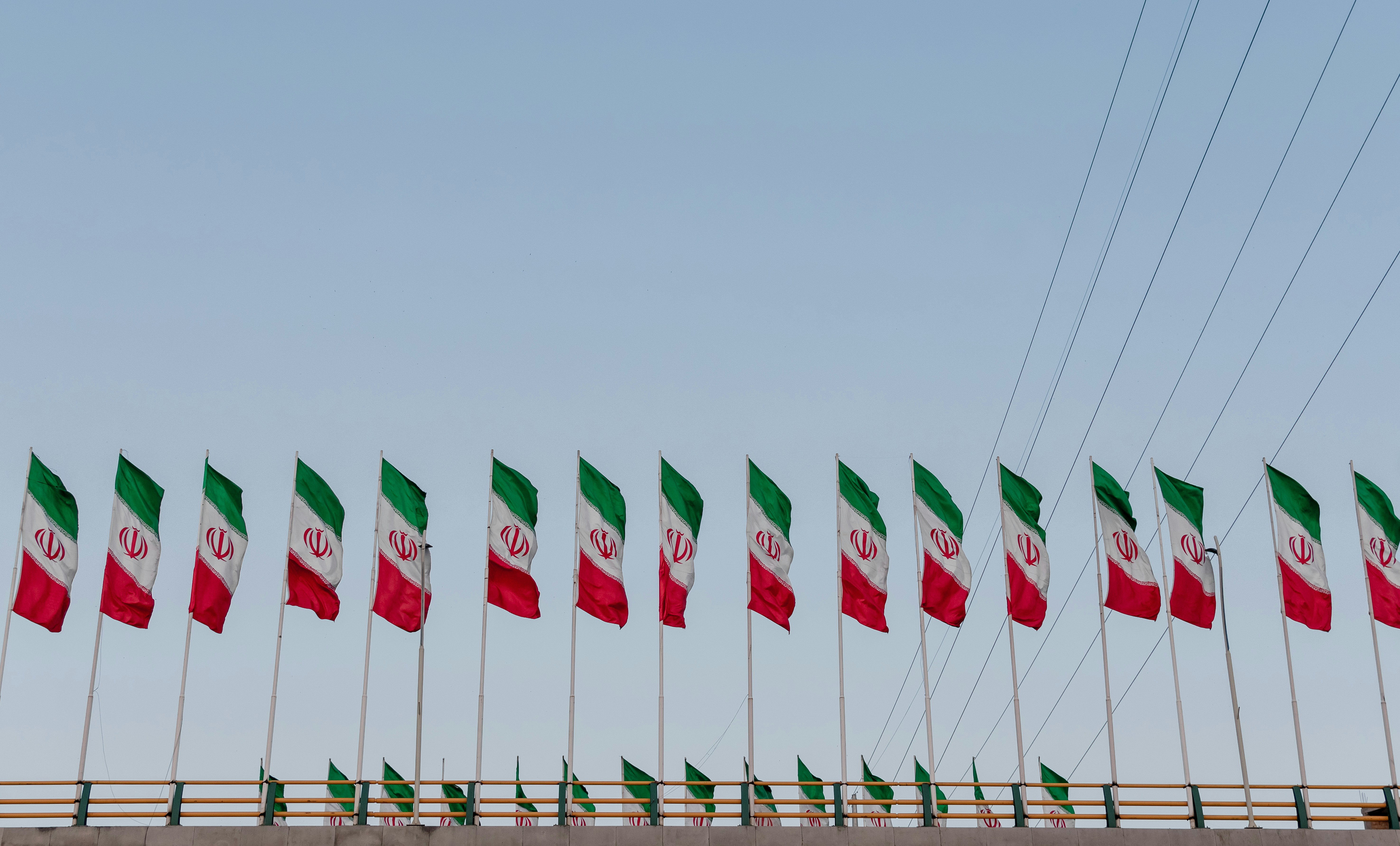The unexpected passing of Iran's President Ebrahim Raisi has sent shockwaves across the international community, with Western officials bracing themselves for a potential upheaval in the nation's already volatile political landscape. Raisi's hardline stance and unwavering commitment to the Islamic Republic's conservative values had been a source of concern for Western powers, who now fear that his demise could pave the way for even more hardline elements to seize control.
According to a senior U.S. official, "We're watching the situation in Iran very closely. Raisi's death could lead to a power struggle within the regime, and we're concerned about the potential for increased instability and tensions in the region."
The apprehensions stem from the possibility of a leadership vacuum in Iran, which could be exploited by the country's powerful Revolutionary Guards Corps (IRGC) and other hardline factions. These groups have long advocated for a more confrontational approach towards the West, and their ascension to power could further strain already tense relations between Iran and the international community.
"The IRGC and other hardliners have been emboldened in recent years, and they may see Raisi's death as an opportunity to consolidate their grip on power," said a European diplomat familiar with the situation. "This could have serious implications for the nuclear deal, human rights, and regional stability."
Iran's nuclear program has been a longstanding source of contention between the Islamic Republic and the West. While the 2015 nuclear deal temporarily alleviated some of the tensions, the Trump administration's withdrawal from the agreement and the subsequent reimposition of crippling sanctions have once again brought the issue to the forefront.
With Raisi's hardline successor potentially taking a more confrontational stance on the nuclear issue, Western officials fear that the already fragile diplomatic efforts to revive the deal could be further jeopardized. "If a hardliner takes over, it could make it even more difficult to reach a negotiated settlement on the nuclear program," warned a U.S. State Department official.
Moreover, the potential for increased human rights abuses under a more hardline regime has also raised concerns among Western governments and human rights organizations. Raisi's tenure was marred by a brutal crackdown on dissent and widespread violations of civil liberties, and a further consolidation of power by hardliners could exacerbate these issues.
"We're deeply worried about the potential for increased repression and human rights abuses under a hardline regime," said a spokesperson for Amnesty International. "The Iranian people have already suffered immensely under Raisi's rule, and a more hardline leadership could make the situation even worse."
In addition to the domestic implications, Raisi's death could also have far-reaching consequences for regional stability and security. Iran's support for proxy groups in countries like Lebanon, Syria, and Yemen has been a source of concern for Western powers, who fear that a more hardline regime could escalate these conflicts and further destabilize the region.
"Iran's involvement in regional conflicts has been a major source of tension, and a hardline leadership could double down on this approach," said a NATO official. "We're closely monitoring the situation and preparing for potential contingencies."
As Western officials grapple with the uncertainties surrounding Iran's political future, one thing is clear: the death of Raisi has ushered in a period of heightened volatility and unpredictability in the region. The international community will be closely watching the developments in Tehran, bracing for the potential fallout of a hardline regime and the implications it could have for nuclear diplomacy, human rights, and regional stability.















